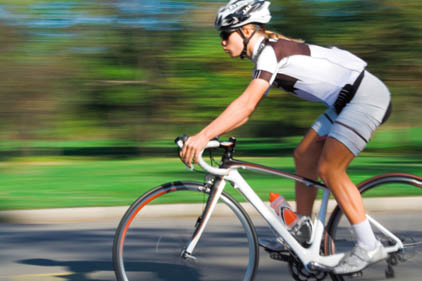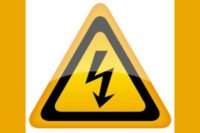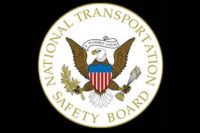NHTSA's tips for safer summer bicycling

 Americans in increasing numbers are embracing bicycling for fun, fitness, and for getting to work, school and errands. Summer is here, school is out, and more young people are out on their bikes. The U.S. Department of Transportation's National Highway Traffic Safety Administration (NHTSA) is reminding everyone about safety tips for safe bicycling this summer and throughout the year.
Americans in increasing numbers are embracing bicycling for fun, fitness, and for getting to work, school and errands. Summer is here, school is out, and more young people are out on their bikes. The U.S. Department of Transportation's National Highway Traffic Safety Administration (NHTSA) is reminding everyone about safety tips for safe bicycling this summer and throughout the year.
Drunken bicycling
NHTSA's July edition of Safety in Numbers points out the danger of riding bicycles at night, while drunk, and common mistakes that bicyclists and drivers make that contribute to crashes. In 2012, most bicyclist fatalities occurred between 4 p.m. and midnight (48%) and in urban areas (69%). One in four bicyclists (24%) who died in crashes had blood alcohol concentrations (BACs) of .08 grams per deciliter (g/dL) or higher, the illegal alcohol level in all states.
To prevent deaths and injuries:
Bicyclists should,
- Wear a properly-fitted helmet that meets Consumer Product Safety Commission (CPSC) standards.
- Ride focused and alert: don't use electronic devices, and never ride impaired by alcohol or drugs.
- Be visible: wear bright colors, and use reflective materials and lights on your bicycle at night.
- Check your bike before heading out: check all equipment and parts for proper fit and function, including tires, brakes, handlebars and seats.
- Ride as a vehicle on the road; always travel in the same direction as traffic. Drivers do not expect bicyclists to come from the opposite direction.
- Obey traffic signs, signals and lane markings; signal all turns; and follow local laws.
- Be predictable by riding in a straight line, check over your shoulder for traffic when changing lanes, and always signal every lane change or turn when in traffic. Look ahead for traffic and obstacles.
Drivers should,
- Be predictable and signal your intentions to others.
- Obey the speed limit, drive defensively, watch for others, including bicyclists, and be prepared to stop.
- Turn off cell phones.
- Allow enough room when passing bicyclists, as you would when passing another vehicle.
- Yield to bicyclists as though they were a motorist.
- Stop completely before making a right turn on red and in addition to looking left-right-left, look behind to check for bicyclists approaching from the rear.
More information on bicycle safely can be found in NHTSA's July edition of Safety in Numbers.
Looking for a reprint of this article?
From high-res PDFs to custom plaques, order your copy today!




